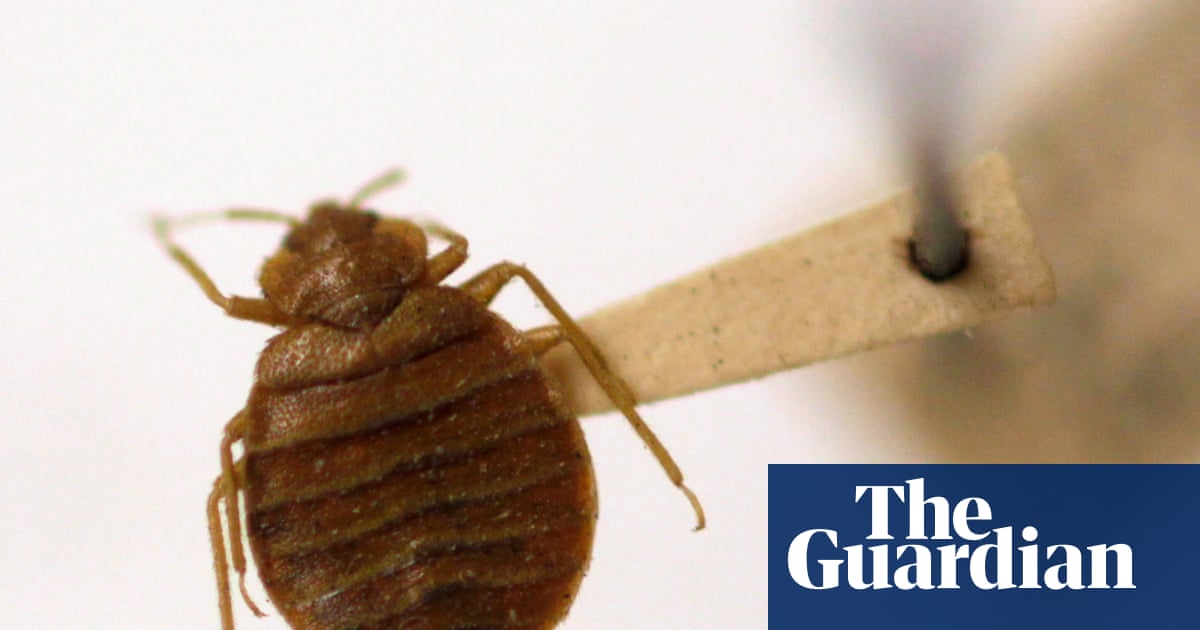Texas is facing a significant challenge in public health funding. Officials recently announced that local health departments should prepare for an abrupt cut of $119 million in federal funding due by the end of the month. This reduction could severely impact crucial disease prevention efforts, including those for HIV, diabetes, and emergency preparedness.
The alarm bells were sounded just three months ago when the federal government clawed back $700 million in unspent COVID funds. This funding was essential for combating illnesses like measles, especially in hard-hit areas of West Texas.
In the wake of this financial uncertainty, the Texas Department of State Health Services (DSHS) finds itself in a tight spot. Their biennial legislative session wrapped up recently, and while they managed to secure an additional $86 million in state funding, they are bracing for a total loss of $685 million in federal funds, largely due to the expiration of COVID-era support.
Imelda Garcia, the chief deputy commissioner for DSHS, shared these concerns during a committee meeting on public health funding. “We’re checking for updates on federal grants daily, but there’s no new information so far,” she remarked. As the clock ticks down to the end of June, the uncertainty hangs heavy.
Programs that address serious health issues like diabetes and tobacco use could see cuts as well. “While nothing has been officially slashed yet, we haven’t heard that the funding will be available again,” Garcia added. This lack of clarity puts many essential services at risk.
On May 30, Garcia paused spending on HIV prevention efforts until the state receives confirmation about continued funding. Local health departments were also warned of potential further cuts by year’s end, all while Texas struggles with some of the lowest public health funding in the country.
Dr. Philip Huang, the director of Dallas County Health and Human Services, expressed deep concern. With the ongoing measles outbreak in Texas—affecting over 750 people and causing two deaths—health officials worry that these funding cuts could undermine public health efforts. “In a world where we’re fighting chronic diseases, cutting immunization programs doesn’t make sense,” he pointed out.
The situation is compounded by staffing issues. Following the federal funding cuts, many public health departments, including in Bell County, had to lay off staff. After closing a health clinic, Amy Yeager, director of the Bell County Public Health District, noted that they reported a new measles case involving an unvaccinated individual shortly after.
As Texas navigates this precarious landscape, the CDC’s ability to respond is also hindered. A lack of a full-time director has apparently made decision-making sluggish. Garcia said they feel some sympathy from the CDC, but the delays are concerning given the state’s current health crisis.
Navigating these funding cuts will be challenging, especially as the health of Texans hangs in the balance. The road forward will require not only a reevaluation of public health priorities but also a collective push to advocate for more sustainable funding solutions to keep communities safe.
For further updates on this issue, you can follow reports from The Texas Tribune and TPR.
Source link
Texas Public Health,Covid Pandemic,HIV,Federal cuts

















:max_bytes(150000):strip_icc():focal(688x522:690x524)/Julien-Gabriel-welch-beddoe-020825-6c916fbcf95a4121baf1b93dcbc6b47b.jpg?w=480&resize=480,480&ssl=1)




